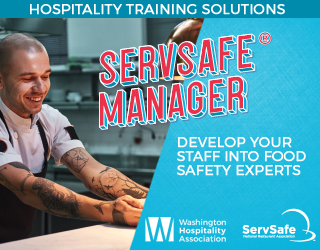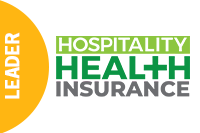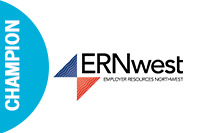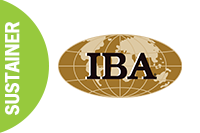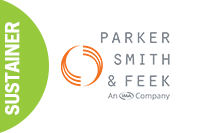By Paul Schlienz
Better safe than sorry.
Nowhere is this old saying truer than when it comes to dealing with bloodborne pathogens. These hazards can spread serious illness, and they are something hotel workers need to be especially aware of.
Bloodborne pathogens, including Hepatitis B, HIV, other diseases, are found in blood, urine, saliva, vomit, semen, feces and other human body fluids or wastes. Because of the nature of their work, hotel room attendants must be especially aware of these hazards.
Hotel room attendants can be exposed to bloodborne pathogens through contact with body fluids on bed linens, sheets. floors and counters. Exposure to bloodborne pathogens can also occur when room attendants are exposed to “sharps,” including hypodermic syringes, blood-sampling devices and discarded razor blades. These sharps may be thrown in trash cans or left laying on floor or counters.
[expander_maker id=”1″ more=”Read more” less=”Read less”]
One of the most common means of exposure to bloodborne pathogens by room attendants is when they reach into trash receptacles and are stuck by sharps. Room attendants also can encounter bloodborne pathogens through body fluids on bed linens.
Laundry personnel can also be stuck by sharps or come into contact with body fluids on linens. Additionally, room attendants and maintenance staff can be at risk of being stuck by needles through plastic trash bags and/or through canvas housekeeping trash receptacles.
Clearly, these hazards cannot be taken lightly by employees or their employers.
The Washington Hospitality Association Education Foundation realizes the importance of protecting our members’ employees from bloodborne pathogens and offers an hour-long course designed to train employees to avoid these hazards.
The objective of this course is to ensure the safety of workers exposed to bloodborne pathogens and fulfill state training requirements. This course is for employees that may potentially become exposed to any body fluids, whether on a daily basis because of their profession or through applying first aid to another person in need.
The curriculum includes:
- OSHA regulations (meets OSHA Standard 29 CFR1910.1030)
- Exposure control plan
- Epidemiology, symptoms and transmission
- Engineering and work practice controls
- Personal protective equipment
- Sharps disposal
- Equipment and spill cleanup
- Hand hygiene
- Removing gloves
- Hepatitis B vaccine
- Exposure, reporting and evaluation
Visit the Washington Hospitality Association Education Foundation’s website for more information on training programs.
Being prepared is your employees’ best defense in avoiding exposure to these hazards.
[/expander_maker]



















![[Class, May 20] ServSafe Manager, Kent](https://wahospitality.org/wp-content/uploads/2018/07/CALEND1-150x150.png)

